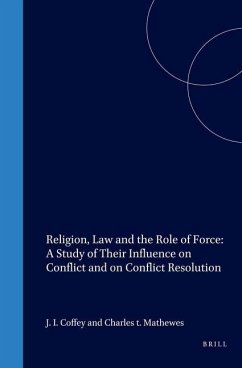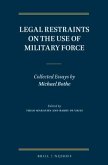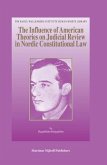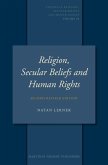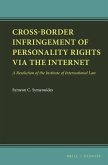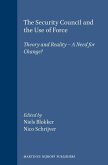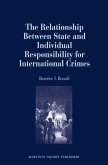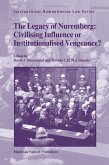This important volume debates an issue that mankind has always found troubling. Should religion, any religion, authorize the use of force by one people against another? If so, for what causes and in what ways? Scholars from the three Abrahamic traditions of Christianity, Islam and Judaism have contributed their views on a reality that is evident in conflicts endangering the world today. They have been joined by others asking to what extent the rule of law has superceded or modified religious tenets and imposed more stringent restrictions on the resort to arms and whether there is, in doctrine on the use of force, parallel thinking about self-imposed restraints. The editors, under the auspices of the Tanenbaum Center for Interreligious Understanding, have commissioned the chapters from academicians, analysts, policymakers, and theologians. Select Reviews: Religion, Law and the Role of Force is a valuable book perfectly timed to reshape the debate about the role of religion in the post-September 11 world. The editors are to be commended for bringing such a needed discussion to the public at this moment. -- Richard Falk, Albert C. Milbank Professor Emeritus of International Law and Practice, Princeton University This book explores important new ground in understanding how religious imperatives, international law, and military force interact either to cause conflict or to abate it. I particularly recommend it to those who are seeking fresh and potentially more effective synergies in the quest for peace. -- Douglas Johnston, President, International Center for Religion & Diplomacy Published under the Transnational Publishers imprint

